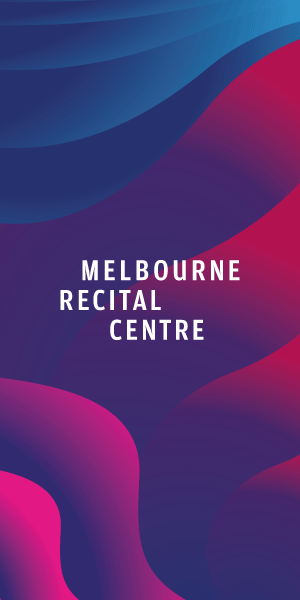Earn your corn by the sweat of your brow
Gideon Haigh, freelance cricket-writing journalist and author’s motto “He travels the fastest who travels alone”, is courtesy of Rudyard Kipling.
He started writing about cricket in 1990 in England when he was a business journalist.
“I like cricket; I might as well make some money writing about it,” Mr Haigh said.
He is currently contracted to The Australian to provide their cricket columns over the summer.
“But I like the freedom to take the phone off the hook and do my own thing for a while,” he said.
“There is much more scope and freedom and more excitement by earning your corn by the sweat of your brow.”
He has played cricket for the South Yarra Cricket Club since 1993.
“Cricket is a player’s game; it is the quickest way you fall in love with it,” he said.
“To stand in the middle as a batter, bowler or a fielder, you are a companion to the other players in your team and your club.”
“In my hierarchy of needs and wants, [playing] cricket comes in somewhat ahead of writing and talking about it; but it is a pleasant way to pass the time,” he said.
Mr Haigh has published more than 40 books, some about cricket and some not.
The ideas for a lot of his books come from random encounters.
When he is on the sniff for his quarry of a new story Mr Haigh often heads to the State Library to undertake research.
“When [the story idea] is something I didn’t know anything about, they are always the best stories,” he said.
“I heard about a murder that took place in Queensland involving the son of a famous English cricketer and wondered why I didn’t know about that.”
The only way I could find out about it is if I write a book.
The Night was a Bright Moonlight and I Could See a Man Quite Plain is the result of his insatiable curiosity.
Self-published last year through Archives Liberation Front, which takes its name from the group that successfully rallied the resistance to the desecration of Australia’s archives, Mr Haigh’s book is true crime but with a cricket connection.
He describes it as the true story of an Edwardian cricket murder – the accused was the son of an Ashes hero, the murder weapon a bat, the backdrop a remote sheep station in Queensland that served as the dustbin of empire.
“Help me get these boxes of books out of my kitchen,” is his plea to potential book buyers.
Growing up in Geelong, Mr Haigh moved to the inner-city northern suburbs in 1983 after completing HSC and got a job with The Age.
Firmly ensconced in Carlton, he doesn’t drive and likes to walk.
“Melbourne is one of the great walking cities because it is so flat, so logical, there is so much to see, and you see so much more at walking pace,” he said.
“It’s a great place to live, and I have no desire to change it.”
He loves the local institutions he can walk to the State Library, the Nova cinema, the Public Records Office Victoria, and his favourite restaurant Mario’s.
During COVID lockdowns, the Melbourne Cemetery was his home away from home.
“I walked through it every day,” he said.
“I would do a little pictorial project choosing a different theme every day.”
“It could be unusual names, unusual deaths or interesting connections, or famous people; it was great fun.” •

Bottega Tasca: Carlton’s go-to fine wine boutique






 Download the Latest Edition
Download the Latest Edition